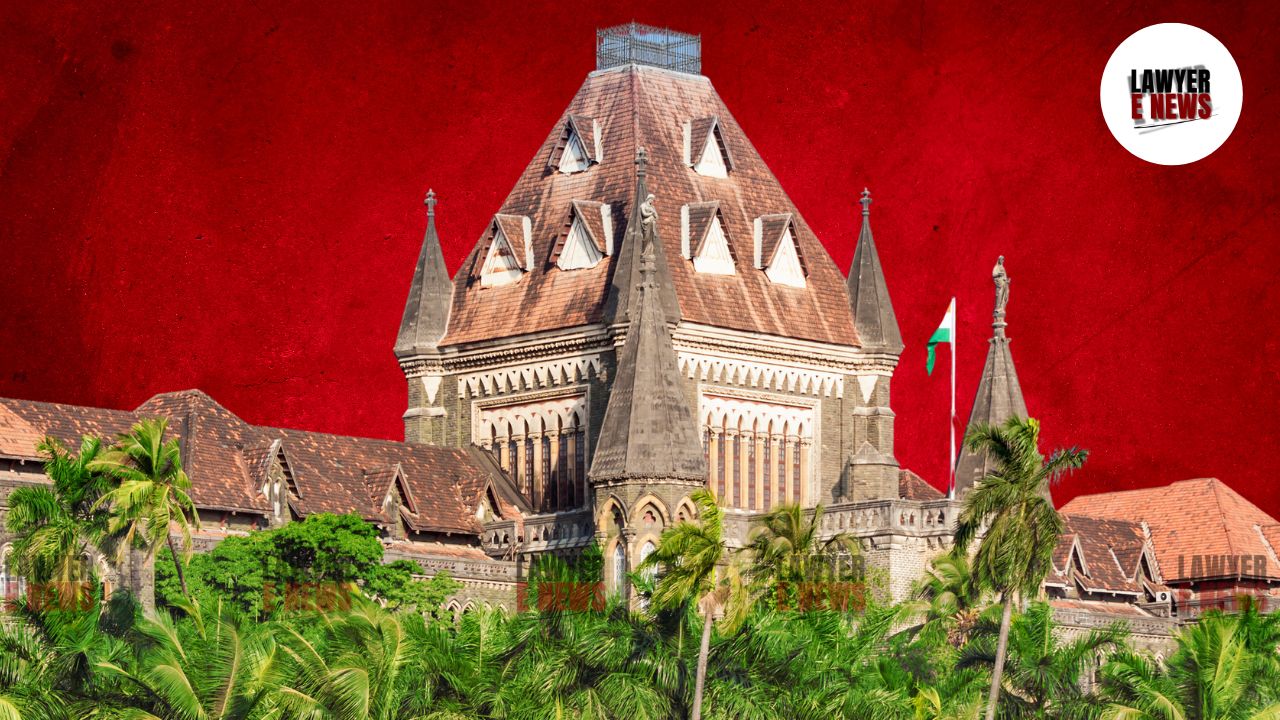-
by Admin
15 February 2026 5:35 AM



Bombay High Court ruled in favor of Ashok Kumar Goel in a commercial arbitration petition, upholding the emergency arbitrator's order for security in a share purchase dispute. The court granted interim relief under Section 9 of the Arbitration and Conciliation Act, 1996, directing EbixCash Limited and its associated entities to provide a bank guarantee of ₹145 crore. The dispute arose from a Shareholders Agreement (SHA), which mandated the respondents to purchase Goel's shares in their joint venture, a process delayed by valuation disagreements and bankruptcy proceedings.
The court supported the emergency arbitrator's decision, which directed the respondents to furnish a bank guarantee. The emergency award had been contested by EbixCash, which argued that it was not enforceable under Indian law. However, Justice Arif S. Doctor ruled that the emergency arbitrator’s decision was binding as an order, following the precedent set by the Supreme Court in Amazon.com NV Investment Holdings LLC v. Future Retail Limited. The court observed, “Once parties have agreed to institutional rules, such as the SIAC Rules, they cannot later claim the emergency arbitrator’s ruling is non-binding.”
The dispute stemmed from a 2017 Shareholders Agreement, which provided that Goel's shares in the joint venture would be bought by EbixCash and its affiliates under specific terms. An arbitral tribunal had upheld Goel's right to sell the shares, rejecting EbixCash’s initial valuation and calling for an independent valuation by PricewaterhouseCoopers (PwC), which set the share price at ₹181 crore. Despite this, EbixCash refused to pay the enhanced call price, prompting Goel to seek interim relief.
EbixCash argued that the petition was an attempt to enforce an emergency arbitrator's award, which should have been processed under Part II of the Arbitration Act. The company also contended that the parties had agreed to arbitration in Singapore under the SIAC Rules, which excluded the application of Section 9 of the Arbitration Act. However, the court dismissed these arguments, stating that Section 9 applies to international commercial arbitrations unless expressly excluded by agreement, which was not the case here.
Justice Doctor emphasized that the purpose of Section 9 of the Arbitration Act is to support the arbitration process by providing interim relief to preserve the status quo and prevent injustice. The court observed that EbixCash's conduct, including delays and failure to provide the required security, justified the need for interim protection. The judge noted, “The obstructionist conduct of the respondents clearly indicates an attempt to delay and defeat the enforcement of arbitration orders.”
The court granted the petitioner's request for interim relief, ordering the respondents to furnish a bank guarantee of ₹145 crore, as directed by the emergency arbitrator. The court also set a compliance deadline for October 22, 2024, to ensure the respondents meet their obligations.
Date of Decision: October 8, 2024
Ashok Kumar Goel v. EbixCash Ltd. & Ors.
